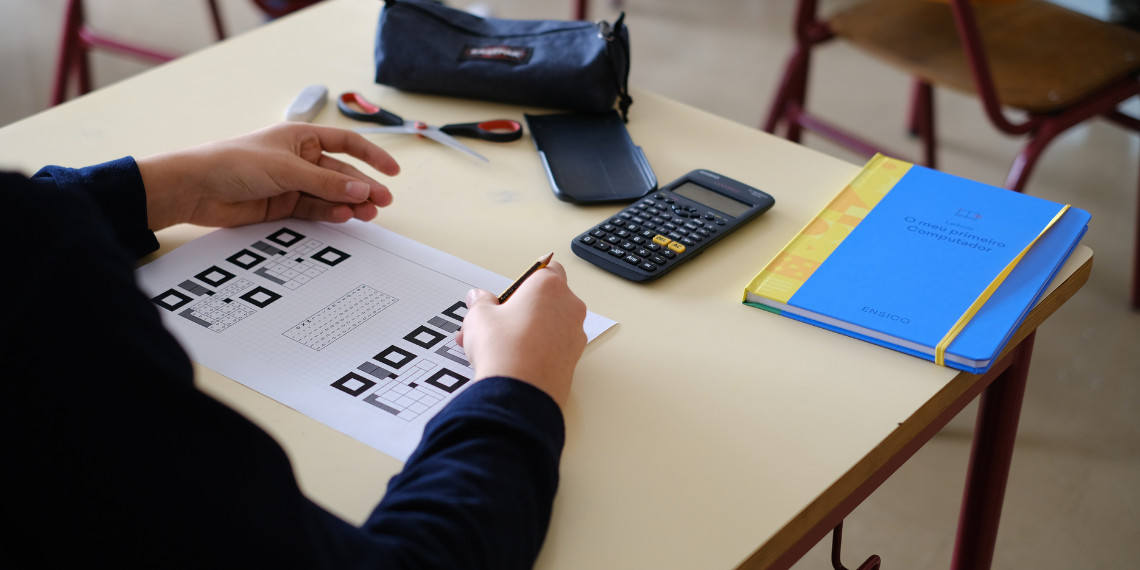By José Nuno Oliveira, Research Coordinator at the High-Assurance Software Laboratory (HASLab)
The intense dematerialisation of social activity that characterises our times has made computing-based technologies ubiquitous: from the mobile phones that we carry in our pockets, to the network services of powerful machines – which seem to keep everything safe in a cloud-like space that no one knows where it is. However, is it reasonable that most of the population has no clue about what lies behind the technologies on which they are increasingly dependent? Is it enough to have an elite of highly specialised professionals – who do everything and in whom everyone trusts?
Carl Sagan said: “We live in an exquisitely dependent society on science and technology, in which hardly anyone knows anything about science and technology. (…) If we continue to accumulate only power and not wisdom, we will surely destroy ourselves”.
Sagan’s statement poses not only a problem of illiteracy, but also of citizenship. Citizens have the right to know the risks they face when accepting a technology, as well as the duty to use it correctly. And they can only do this by having some sort of basic training on the respective body of knowledge. Hence, it is crucial to design a pedagogical corpus that teaches computing as a basic subject, alongside mathematics, first languages, etc.
There have been several misconceptions in this domain. Contrary to what many people think, initiation to computing can start at early ages, and it does not require much equipment: just a piece of paper, a pencil and, above all, grey matter. Essentially, it presents a new problem to students: how to communicate with a machine? And how is this different from communicating with a person? Where the latter requires written and spoken language proficiency, the first question requires what is nowadays called “computational thinking”. This requires logical thinking and the ability to abstract complex situations from real life into simple models that computers understand. This triggers immediate synergies with two other core subjects: the mother language, since no one can convey to a computer what cannot be communicated to another person; and mathematics, since this is the form of expression that better deals with abstract information that computers are able to understand.
Since the last school year, I have had the pleasure in collaborating with ENSICO – Association for the Teaching of Computing – within the scope of a partnership with INESC TEC; thanks to this initiative, several students between the 5th and 8th grade, from three school groups in Porto, benefited from computing lessons.
This experience has been quite rewarding. When compared to other strategies to improve digital literacy, the ENSICO approach favours basic training – which takes its time, while maturing and evolving. The focus is always the integration of computing into previously acquired knowledge, as part of the students’ intellectual evolution: from drawing, games and first stories, to the ability to solve complex problems using the computer – autonomously, efficiently, and pleasingly.
This “unplugged” vision departs from the temptation to skip steps, and the fallacy that classrooms are missing computers, as well as other falsely futuristic and pedagogically unproductive notions. It is necessary to produce high-quality content that is scientifically sound, attractive, progressive and without pedagogical gaps. Said content should motivate teachers and students to explore the “magic” of computing. Soon enough, the latter will have access to the “violin” they’ve yearned for in previous years – as Shinichi Suzuki recommended, many years ago. If so, they will be able (by studying) to become good performers.
In the current school year, this initiative will reach a universe of almost a thousand students. Besides being socially relevant, digital literacy at the so called “K-12” level will bring new opportunities for the teaching of more ambitious subjects at higher education levels. In other words, it has the potential to revolutionise and update the current pedagogical contents of computer science and computing courses, generating a dynamic with valuable economic potential in a country lacking natural resources, and whose main raw material is the grey matter of the citizens.




 News, current topics, curiosities and so much more about INESC TEC and its community!
News, current topics, curiosities and so much more about INESC TEC and its community!